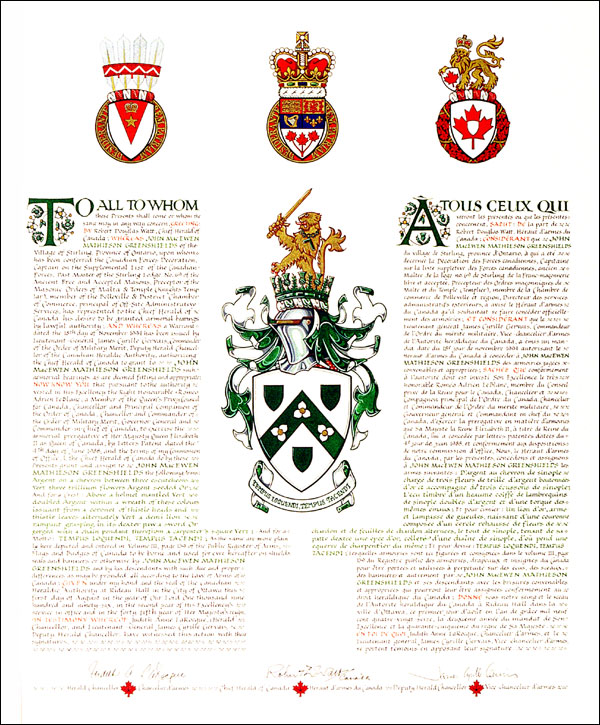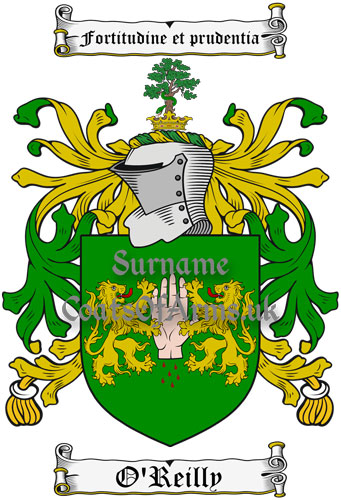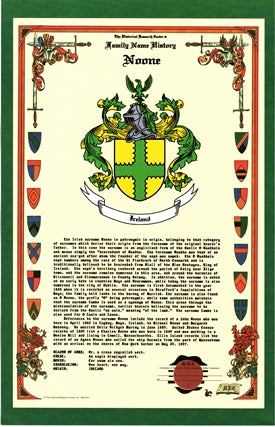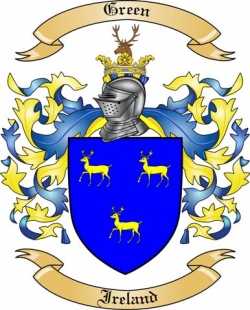Dragon Crest Coat of Arms inspired by a Medieval Tapestry Counted
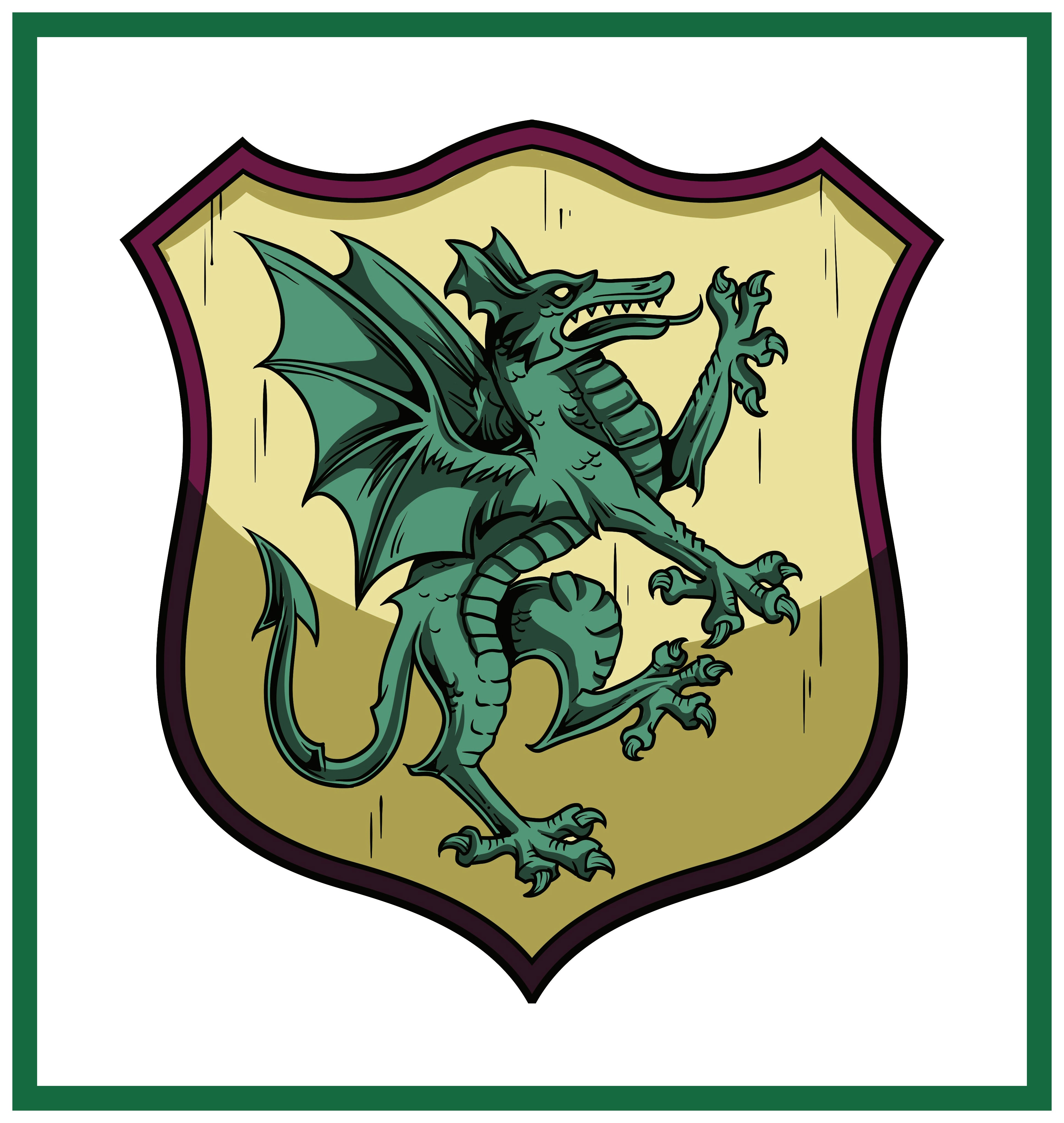
By A Mystery Man Writer
Counted Cross Stitch Pattern
- Orenco Originals creates exceptional charts/patterns. NO thread or fabric are included.
- COUNTED CROSS STITCH PATTERN Charted for 14 count fabric and DMC Cotton Floss. Finished size is 12 inches (168 Stitches) by 14 inches (196 Stitches).
- Chart/Patterns use up to 40 colors of floss. Full stitches only. No half stitches and no backstitching necessary.
- We provide two charts both printed in black ink on bright white 11 by 17 paper. Chart #1 is a single page chart. Chart #2 (tired eyes) is a 4 page enlarged chart that eases eye strain.
This is a pattern that is used to sew and to create a cross stitch picture.
This is NOT a completed product. It is NOT a kit, it contains no floss or fabric.
MEDIEVAL
In the history of Europe, the Middle Ages or Medieval Period lasted from the 5th to the 15th century. It began with the fall of the Western Roman Empire and merged into the Renaissance and the Age of Discovery. The Middle Ages is the middle period of the three traditional divisions of Western history: classical antiquity, the medieval period, and the modern period.
TAPESTRIES
Tapestries have been used since at least Hellenistic times. Samples of Greek tapestry have been found preserved in the desert of Tarim Basin dating from the 3rd century BC.
Tapestry reached a new stage in Europe in the early 14th century AD. The first wave of production occurred in Germany and Switzerland. Over time, the craft expanded to France and the Netherlands. In the 14th and 15th centuries, Arras, France was a thriving textile town. The industry specialized in fine wool tapestries which were sold to decorate palaces and castles all over Europe. Few of these tapestries survived the French Revolution as hundreds were burnt to recover the gold thread that was often woven into them. Arras is still used to refer to a rich tapestry no matter where it was woven. By the 16th century, Flanders, Brussels, and Enghien had become the centers of European tapestry production. In the 17th century, Flemish tapestries demonstrating intricate detail of pattern and color embodied in intricate compositions, often of monumental scale.
In the 19th century, William Morris resurrected the art of tapestry-making in the medieval style at Merton Abbey. Morris & Co. made successful series of tapestries for home and ecclesiastical uses, with figures based on drawings by Edward Burne-Jones. Kilims and Navajo rugs are also types of tapestry work.

cockatrice_bookplate between 1791 and 1869
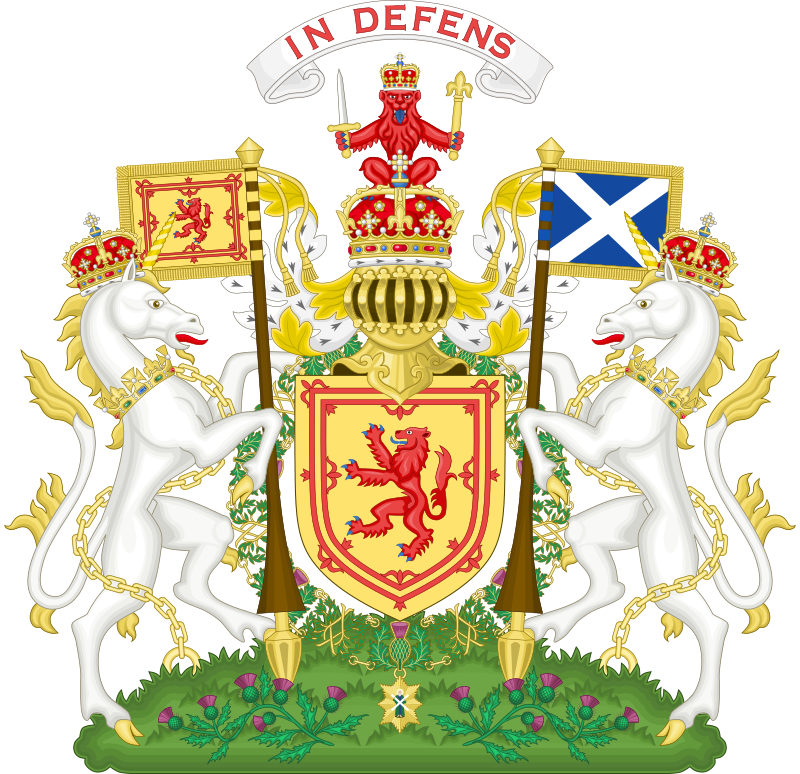
A Royal Heraldry - A ROYAL HERALDRY
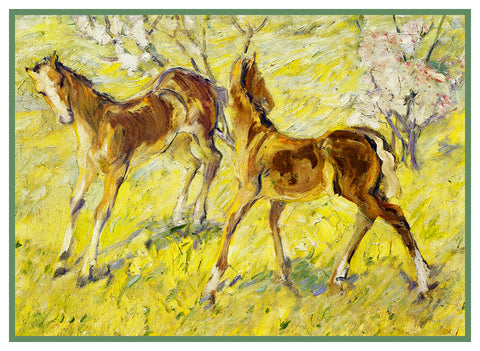
Dragon Crest Coat of Arms inspired by a Medieval Tapestry Counted
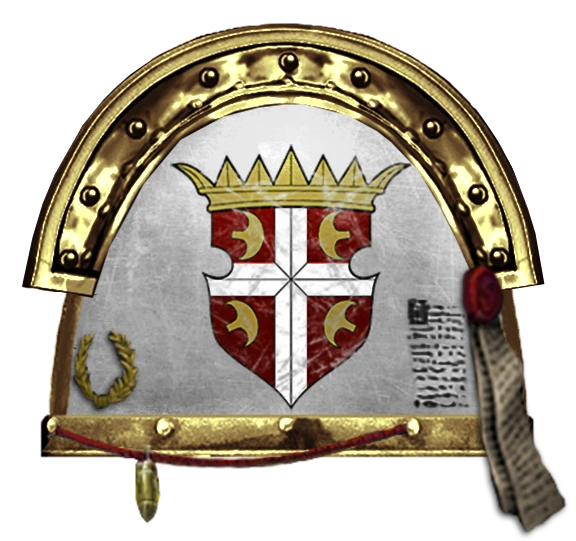
Crimson Dragoons, Warhammer 40,000 Homebrew Wiki

I find the fact that all of the coat of arms of the nations in

Genealogy, Free Full-Text

Dragon Medieval Heraldry Shield Crest Coat of Arms Counted Cross

I find the fact that all of the coat of arms of the nations in

Coat of Arms Tapestry - UK

Order of the Dragon Order of the dragon, Coat of arms, Heraldry

A medieval heraldic coat of arms crest emblem featuring dragon and
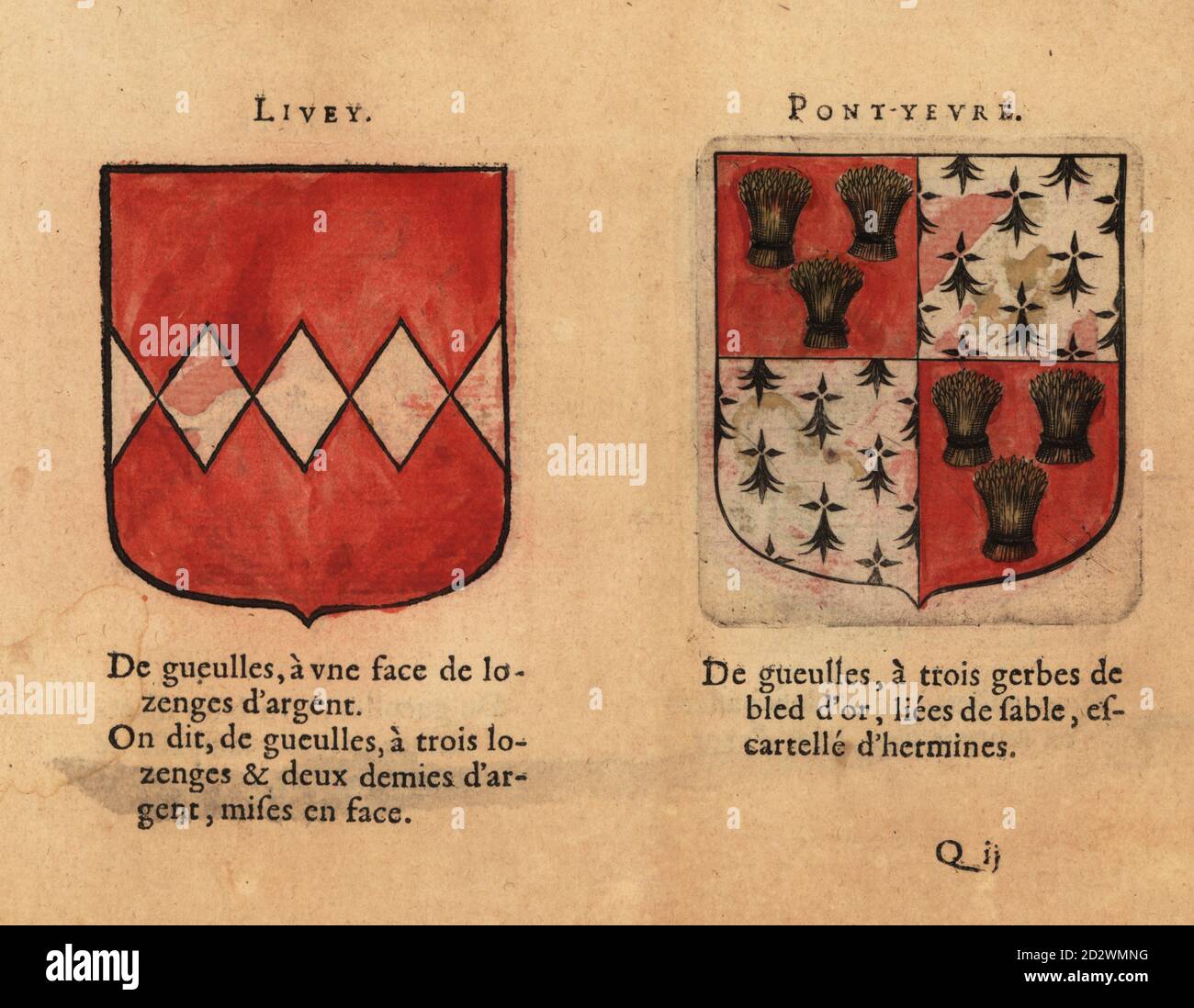
Heraldry coat arms france coat hi-res stock photography and images
- Berry & Thread Ice Bucket | 2nd
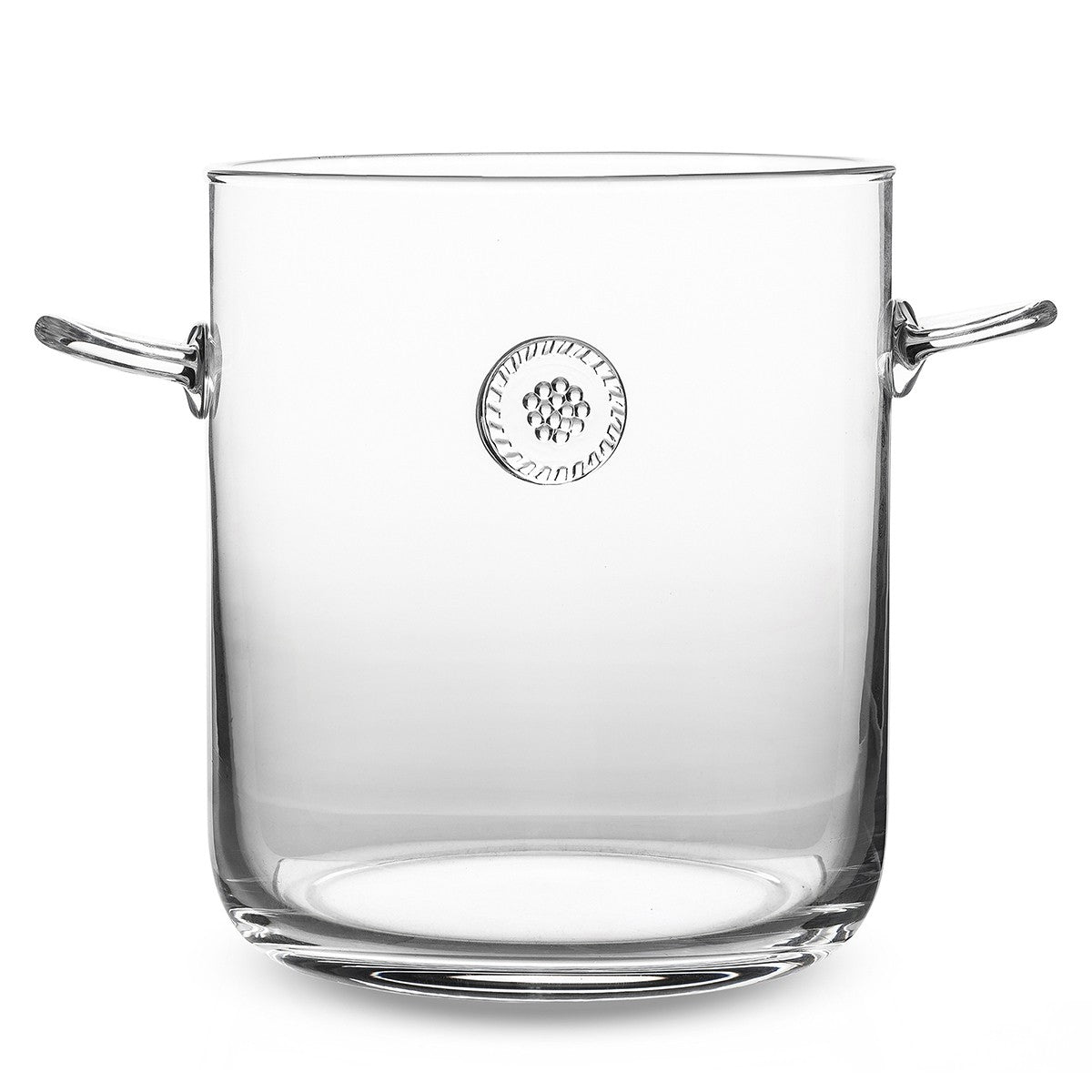
- Subperiosteal Ulnar Nerve Entrapment at the Wrist - ScienceDirect

- Springcorner 5 Pairs Fuzzy Socks for Women, Non Slip Fluffy Soft Warm Cozy Crew Socks with Grips for Winter, Soft Thermal Fuzzy Socks for Home

- Men's Fitness Sports Tights Basketball Seven-point Leggings Stretch Training Fitness Running Pants

- Pinterest


